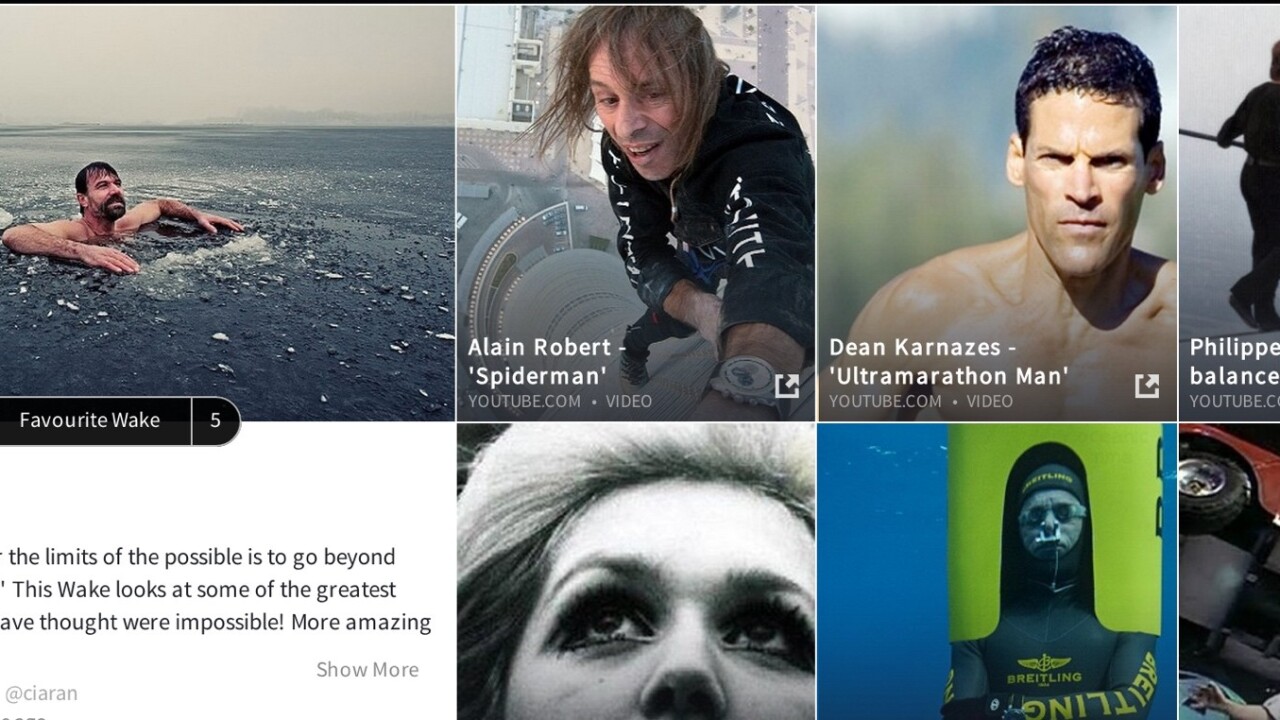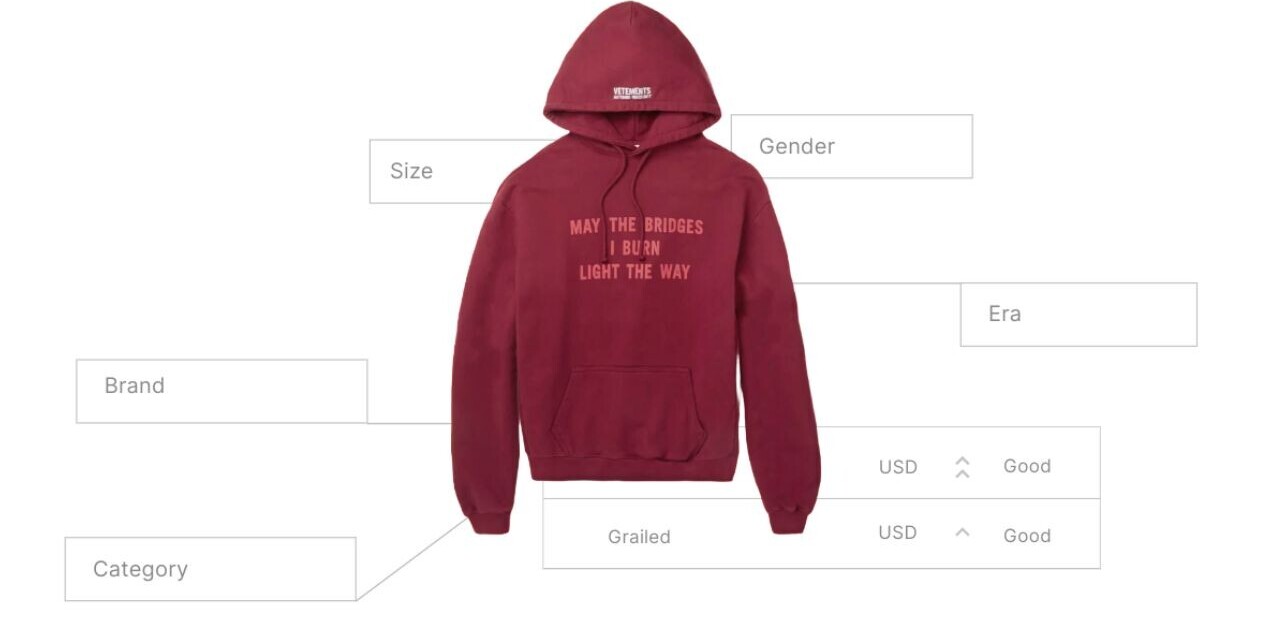
From Wikipedia to Delicious, Pinterest to Flipboard, people have collaborated to share links and ideas for as long as the Web has been ‘a thing.’ With this in mind, a startup called Wakelet hopes that people take to its new, attractive, multimedia approach to online knowledge-sharing.
Wakelet allows anyone to assemble collections of links, videos and images on any topic they like. The idea here is to augment traditional Google search results with topic-based, human-curated collections.. That’s hardly a new idea but the implementation here is particularly slick.
If you find a collection (called a ‘Wake’) that you’re particularly interested in, you can follow it to receive updates as items are added to it. Creating your own Wakes is easy and straightforward, and there’s no denying they’re pleasing on the eye.

Wakelet has just announced a £1 million ($1.6 million) funding round, including a contribution from Chris Byatte and Joe Wee, the founders of now EA-owned mobile game publisher Chillingo. It’s currently free to use, although premium and enterprise features would be logical extensions to the platform in the future.

Calling a content collection a ‘Wake’ is designed to invoke the idea of ‘others following in your wake,’ although while testing Wakelet, I couldn’t help finding myself thinking of a sendoff for a loved one who had recently departed this mortal coil. Linguistic foibles aside, creating a ‘Wake’ is easy to do from the Web app, while the obligatory browser extension allows you to quickly add something you find while browsing elsewhere.
The thing about services like Wakelet is that originality of concept aside, you can never tell whether they’ll click with an audience or not. Early indications from the founders are that they’ve seen users take to it even before word has got out about the product. Early users have created everything from tourism guides, to collections of political news, to corporate storytelling (see this example from Airbus).
It’s early days, but it’ll be interesting to see where this one goes.
➤ Wakelet
Get the TNW newsletter
Get the most important tech news in your inbox each week.




